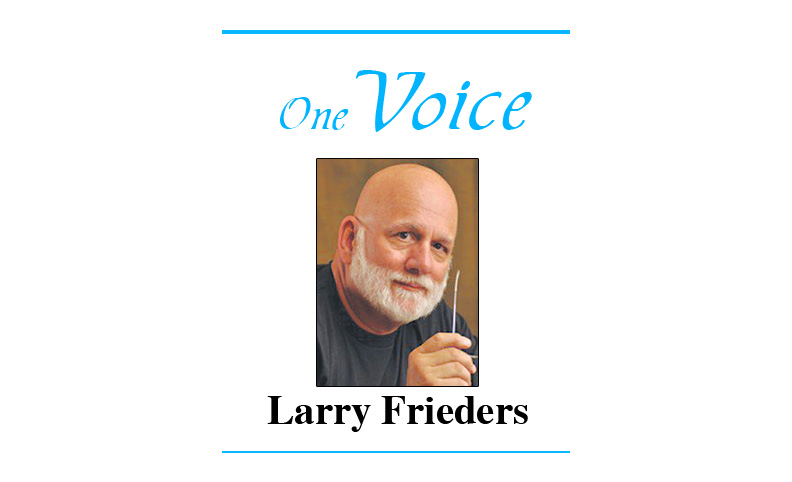
Beating death?
Scott was 85 years old when he died. He had been diagnosed with cancer and had just recently begun treatment. His health rapidly declined and he was removed from life support and allowed to die, approximately 60 days after his diagnosis. Many factors surround Scott’s death, but one has my attention, the fact that he had begun treatment, for cancer, which begs the question, did Scott die from cancer or cancer treatment?
Nobody can know for certain how Scott lived his final days. I understand he was on life support for a short time. That’s not pleasant. He was in a hospital. I know that isn’t a good thing. Let’s assume that the treatment did not kill Scott. I still want to ask if his final days were good or bad, better or worse, than they would have been if he had not started medical treatment.
Some could say it is counterproductive, or even cruel, to suggest that medical intervention hastened Scott’s death, or that it caused his final days to be lived chained to medical machines instead of being in his home.
I’ve been in the health business for many decades and I understand the power it holds. Vast numbers of persons accept medical advice without giving it a second thought. Here we have Scott, 85 years old, being diagnosed with lung cancer. That in itself is frightening. Scott has lived a busy life. He has achieved over a decade more living than the average person. He probably visited a doctor who offered to treat him. That’s what doctors do.
Would anyone even think to allow Scott to rest, be comfortable, stay home, enjoy whatever life he had remaining, and die without efforts to treat him with drugs? Of course not. But, why not?
We’re born, live, and die. We’ve reached a place where we, collectively, have the power to do miraculous things with medicine. Regardless of how hard we try, we cannot extend life indefinitely, unless you believe that having tubes, drugs, and breathing machines is a reasonable kind of human life. I have seen thousands of individuals who are alive, only because some system, or another keeps their heart beating.
In years past our company supplied feeding solutions to a number of nursing homes. Those receiving those feedings weren’t really here. They didn’t talk and never knew when someone was visiting, or, changing their feeding tube (or diaper). They were old and no rational person would agree that they would one day wake up and get on with the rest of their lives.
I am not advocating for any kind of assisted dying. I am, however, bringing up an important point, that of recognizing when medical treatment – even tube feeding – is futile and possibly far more inhumane than allowing the person to die.
What age would I pick? None. Some people are doing fine at 95 or even 100. I know some people like that. But, when providence intervenes and puts them at the intersection between life and death, who are we to believe that they will come back and carry on with their lives? Except for making a person comfortable, what other measures should we administer?
When Scott found out he had a particularly virulent form of cancer, why then did he, his family, and the doctors think he could beat it at age 85? It is not cold or cruel, but a recognition of a basic fact of life, death.
At best, Scott didn’t know what was happening around him as he sunk toward death – and his family decided to stop the treatments and life support. It is likely, though, that he knew what was happening during part of it, and that he was uncomfortable or scared. Still, he was surrounded by false hopes, and all those tubes and machines. I think that was unkind and inappropriate.
A person at age 45 has a future far different from a similar person at age 85. Although the younger person can be expected to fight harder, the older one might be best served by accepting his mortality and finding the best means to reach the end. I strongly suggest that Scott had a far more difficult time at the end than was necessary.
If you’re diagnosed with a terminal condition, how would you respond?
No, none of us knows exactly what we’d do, however, we can think about it, discuss it with family and friends, and get a clear picture of how we’d like to respond.
Larry Frieders is a pharmacist in Aurora who had a book published, The Undruggist: Book One, A Tale of Modern Apothecary and Wellness. He can be reached at thecompounder.com/ask-larry or www.facebook.com/thecompounder.

